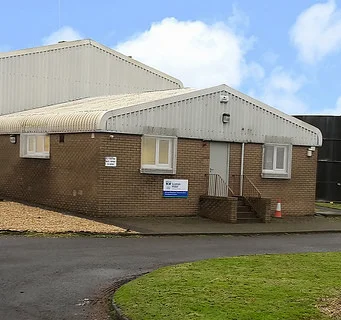Microvi announced today the successful development of Microvi’s MicroNiche Engineering™ (MNE™) platform technology for the treatment of process wastewater from ethanol plants. Microvi MNE, a biological wastewater treatment solution, demands less energy, reduces costs, and can increase the potential for water reuse.
Read MoreAgainst the challenge of changing climatic conditions and capacity-limited treatment assets, Scottish Water is seeking new technologies to meet tightening Total Biochemical Oxygen Demand (TBOD) and ammonia standards while ensuring lowtotal expenditures.
Read MoreMicrovi MNE™ wastewater solutions, based on Microvi’s proprietary MicroNiche Engineering™(MNE) platform, overcome challenges with the conventional paradigm. Microvi MNE reduces waste and chemical usage for cost-effective phosphorus capture and recovery for a sustainable circular economy.
Read MoreInstalled in April 2018, results from the demonstration show that the combined nitrification-denitrification process can achieve effluent levels consistently below 3 mg/L and even as low as 1 mg/L TN from influent ammonia (NH3) concentrations as high as 45 mg/L. These results occur with a retention time of under two hours, and little to no biosolids are produced.
Read MoreToday, the U.S. Environmental Protection Agency announced a combined $600,000 in funding for Microvi Biotech Inc., of Hayward, Calif.
Read MoreThe project will test San Francisco Bay Area-based Microvi’s MicroNiche™ Engineering (MNE) technology. This innovative technology uses densely packed natural microorganisms to efficiently treat used water and remove organics, ammonia and phosphorus
Read MoreMicrovi’s technology uses specialized natural organisms to remove an unprecedented amount of phosphorus from any body of water, including wastewater, to below 0.1 mg/L phosphorus. It also enables recovery of the nutrient so it can be converted into agricultural fertilizer.
Read MoreThe project, which is being conducted in partnership with MWH Global and Sydney Water Corporation, shows that Microvi’s biocatalytic Denitrovi technology is highly effective.
Read MoreThe project, done in collaboration with a municipal wastewater treatment facility in the United Kingdom, shows that Microvi’s Aerovi™ technology can treat three times the flow of a conventional activated sludge system, with less than a tenth of the waste sludge production.
Read MoreResults showed that Microvi’s biocatalyst technologies substantially reduced ammonia and nitrate in the water at lower treatment times than many conventional methods, with a reduced secondary waste stream.
Read MoreMicrovi’s technology will reduce the amount of selenium in wastewater to below 5 parts-per-billion, a standard that can be prohibitively expensive to achieve using existing technologies.
Read More


